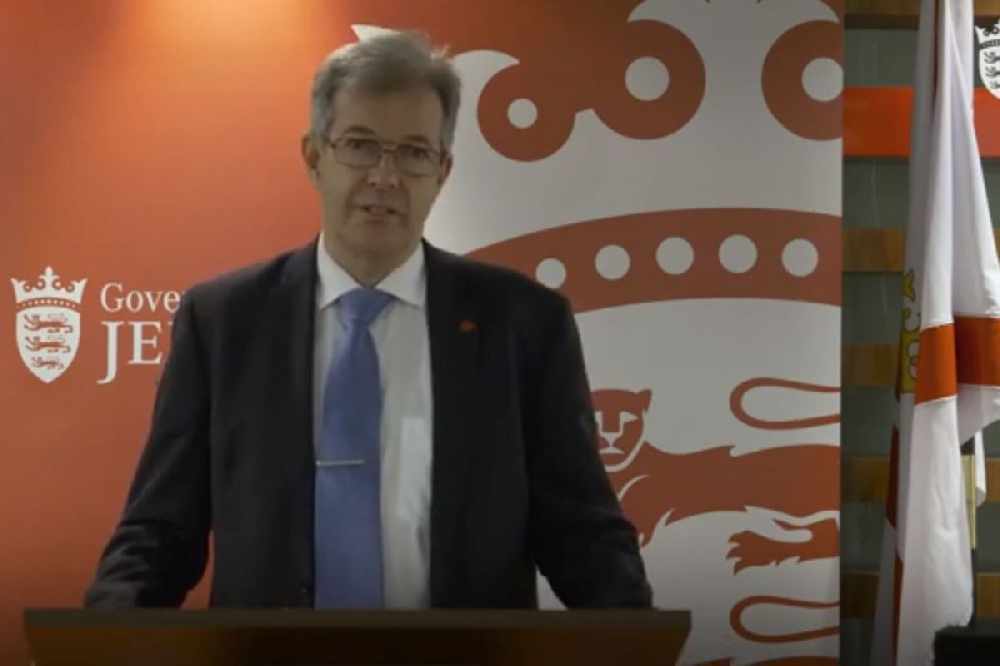
The Chief Minister says it's vital that law changes are made now to provide the right level of immigration controls for Jersey.
The Migration Control Policy, set for debate next week, would - if agreed - see nine-month, four-year, and long-term permissions granted for people coming here to work.
Simon Soar has called it an inappropriate and risky move and says we must be careful of the negative consequences of turning all available control mechanisms to maximum in one fell swoop.
Senator John Le Fondre insists the government has no intention of doing that.
He says these controls do not impact the number of migrants who can come to Jersey, they just offer a more effective way of controlling the flow.
"The changes are designed to make it easier for the government to support the overall future economy of the island with targeted migration where it is needed. The controls will therefore provide the levers to implement a policy which will be debated at the end of 2021.
"We are acutely aware of the tensions that exist between protecting our economy, our environment and our wider community, and these will be at the heart of the forthcoming population policy. The migration controls are there to ensure that Jersey remains agile to the ever-changing demands of today’s global economy, and the Island’s expectations.
"Mr. Soar suggests that immigration controls are sufficient and no changes are needed to the Control of Housing and Work Law (CHW). However, an employer will only be granted an immigration work permit if they already hold a permission in respect of that job."
The nine-month and four-year permissions would not lead to permanent residency. The ten-year permission allows workers to apply for permanent residency, while those with long-term permission do allow them to live here permanently.
The current law was described last year as lacking effective controls and data - so a new integrated IT system has been proposed to give the government a clearer picture of the island's population issues.
The Chief Minister says this will lead to a population policy this island needs, which is due to come before the States Assembly before the end of 2021.
As of the end of 2019, the estimated population was 107,800. 61,500 jobs were recorded as of the end of December 2019.


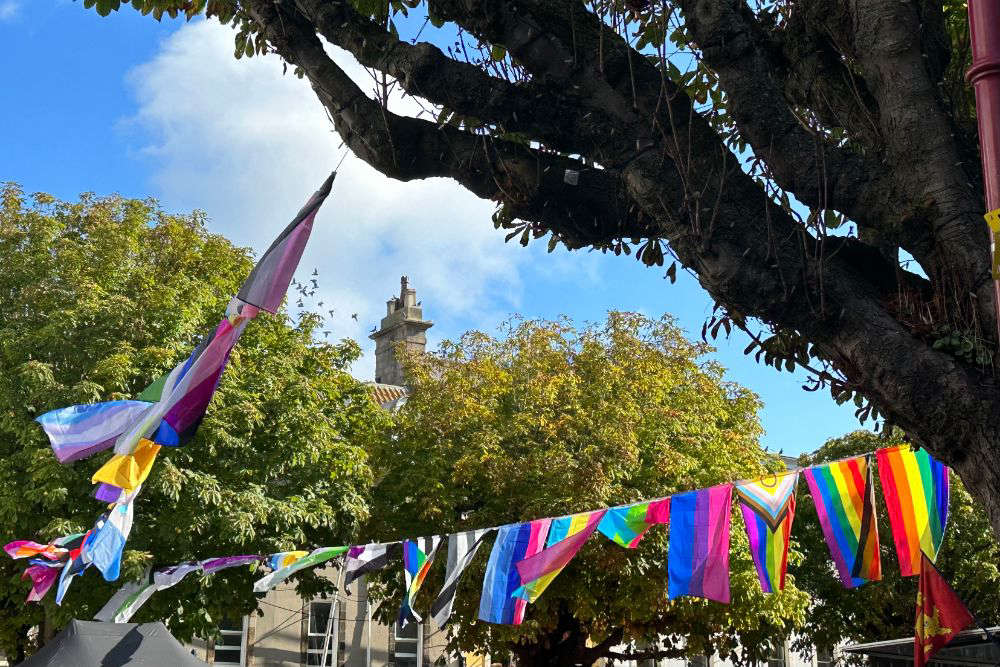 Physical assault most common LGBTQ+ hate crime in Jersey
Physical assault most common LGBTQ+ hate crime in Jersey
 'Child-first' future for Jersey's youth justice system
'Child-first' future for Jersey's youth justice system
 Funding for innovators with ideas that could make a difference in Jersey
Funding for innovators with ideas that could make a difference in Jersey
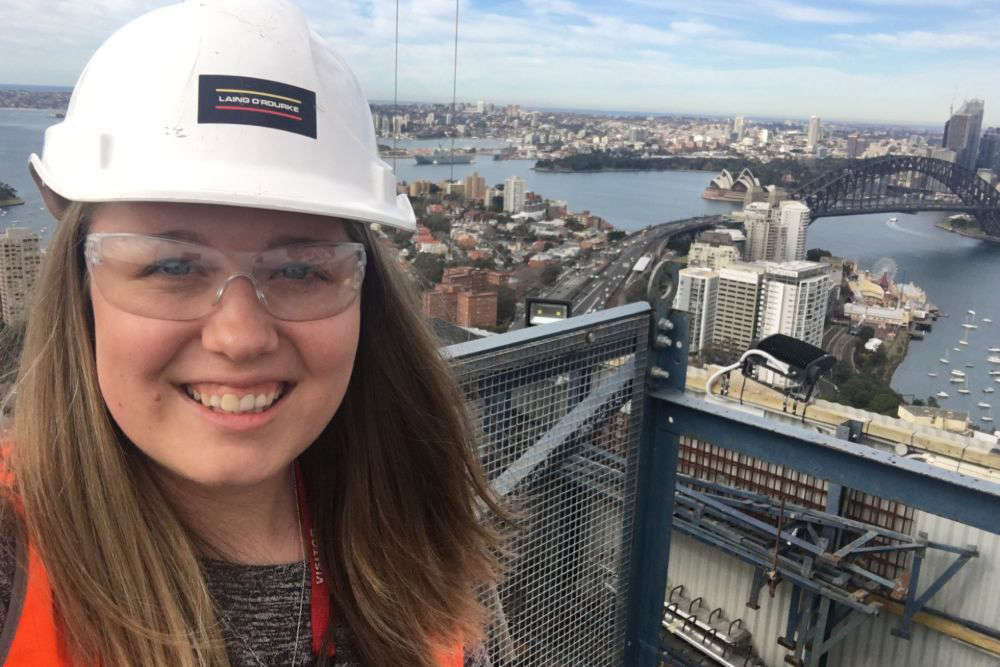 JCG alumni named in UK’s 'Top 50 Women in Engineering'
JCG alumni named in UK’s 'Top 50 Women in Engineering'
 Art in the Arches returns to Elizabeth Marina with a new theme
Art in the Arches returns to Elizabeth Marina with a new theme
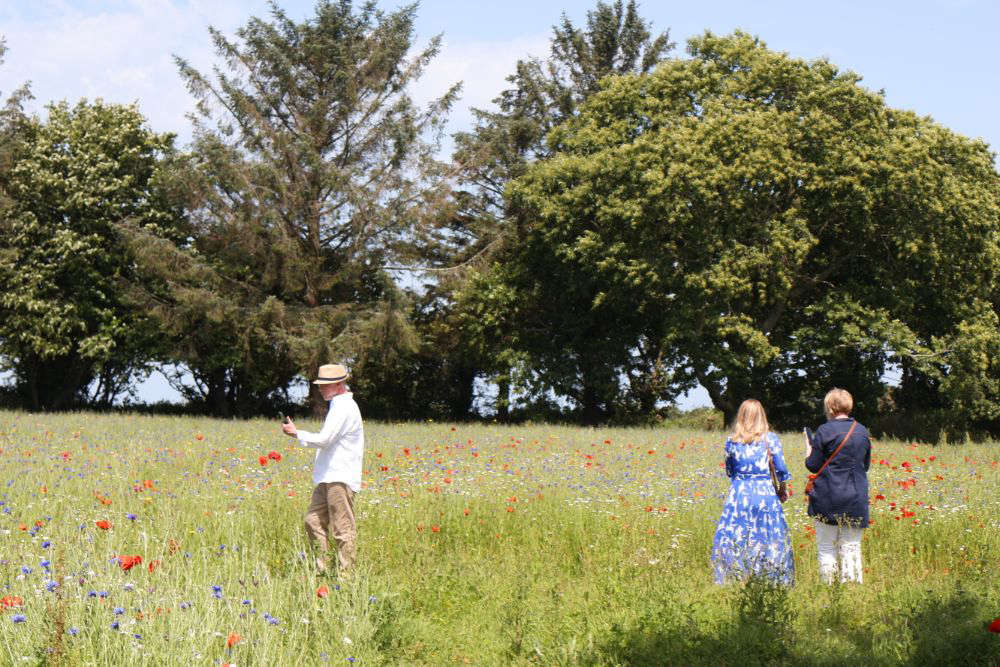 Wildflower meadow blooms at La Mare Estate
Wildflower meadow blooms at La Mare Estate
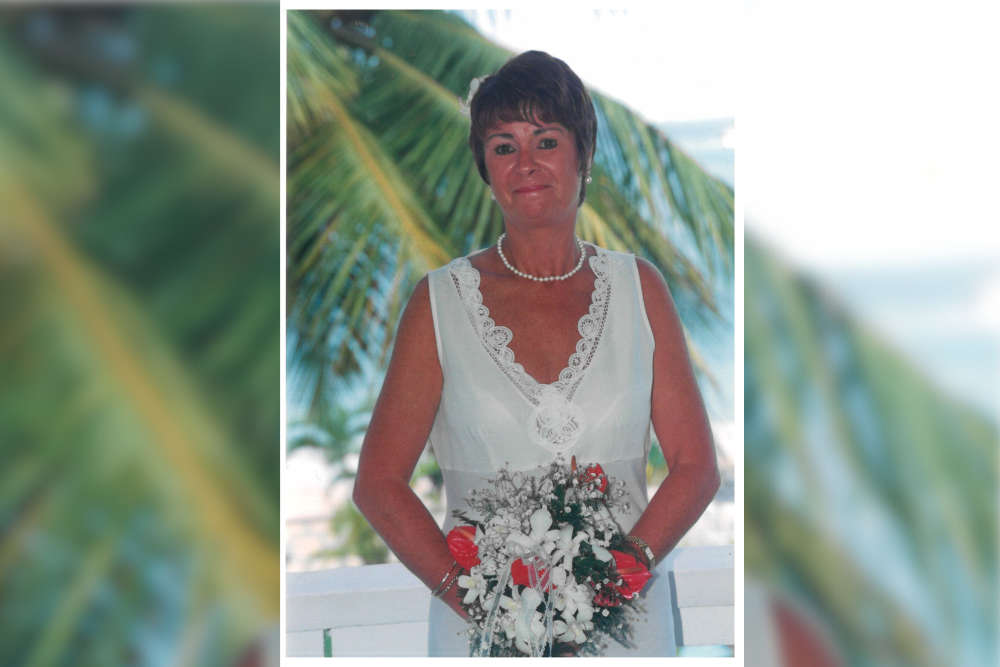 Missing Jersey woman's remains found in Brighton
Missing Jersey woman's remains found in Brighton
 Stolen jewellery found in police investigation
Stolen jewellery found in police investigation

